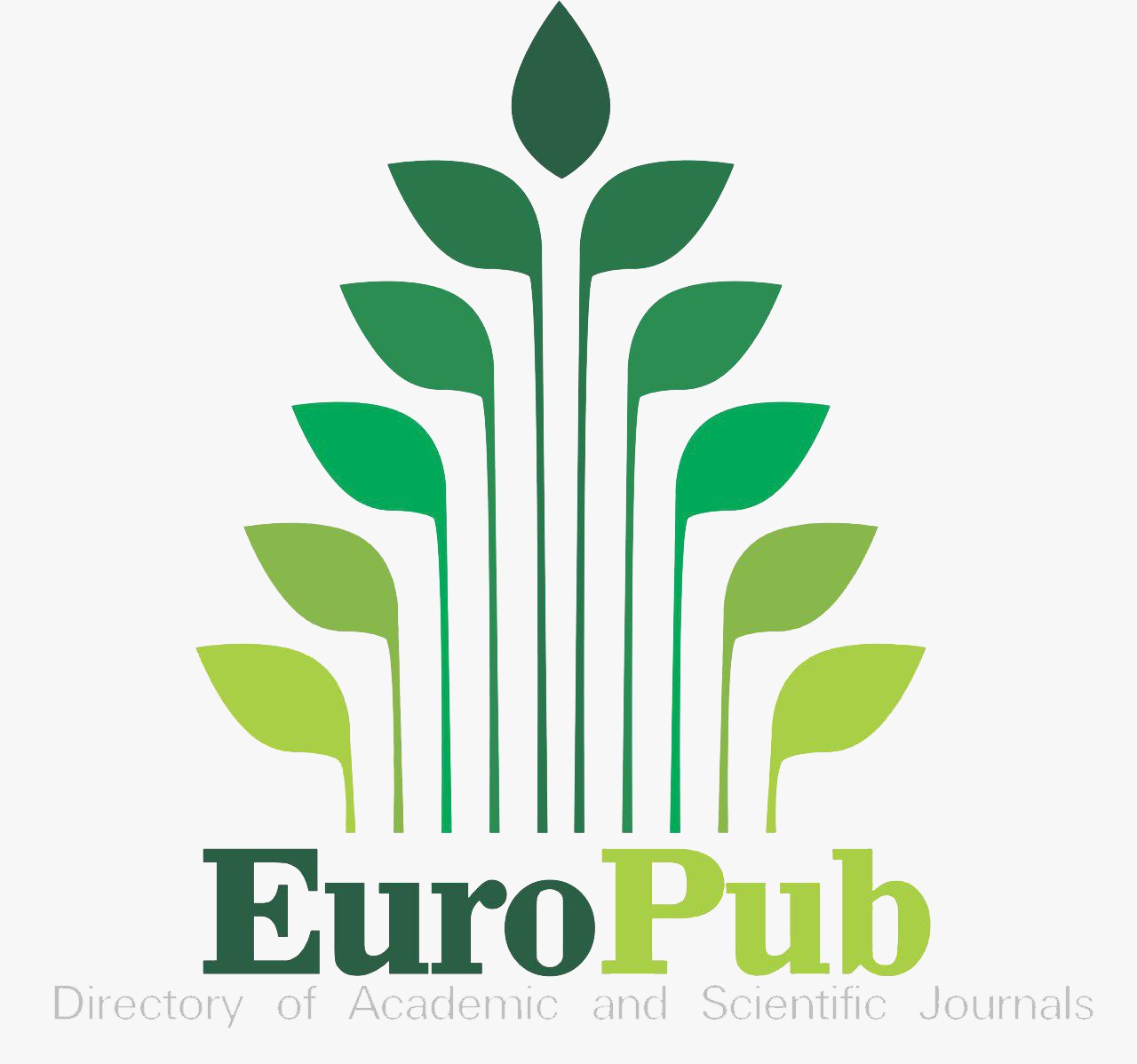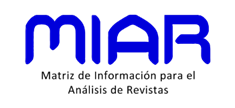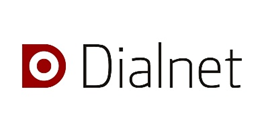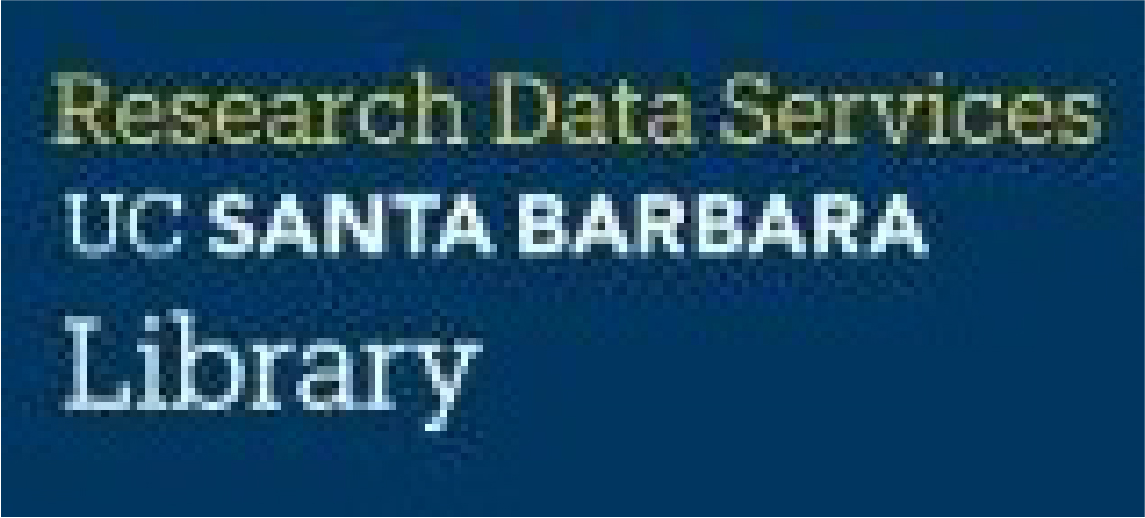THE READING PROCESS IN PRIMARY BASIC EDUCATION MEDIATED BY EDUCATIONAL TECHNOLOGIES
DOI:
https://doi.org/10.56219/dialctica.v1i26.4417Keywords:
reading process, primary education, educational technologies, pedagogical practices, ICTAbstract
This article derives from an ongoing research project that critically examines the difficulties observed in the teaching and learning of the reading process in primary education, with a particular focus on the early grades. The identified issues are related to traditional, often ineffective pedagogical practices and the limited use of educational technologies in the classroom. In this context, the integration of digital tools is proposed as an alternative to strengthen students’ reading competencies. The main objective of the study is to develop a theoretical foundation for the reading process mediated by educational technologies at Colegio General Santander, located in Villa del Rosario, Norte de Santander (Colombia). The research is framed within the interpretive paradigm, with a qualitative approach and phenomenological method. The application of semi-structured interviews with five purposefully selected teachers is projected as the primary data collection technique. It is expected that the analysis of this data, through categorization, will help identify teachers' pedagogical conceptions, their reading practices, and their perceptions regarding the use of technological resources. The anticipated findings suggest that a critical, contextualized, and pedagogically planned integration of ICT could revitalize the reading process, increase student motivation, and foster more meaningful learning outcomes in the early stages of literacy development.
Downloads
References
Área Moreira, M. (2010). La integración de las TIC en la escuela: Indicadores para su evaluación. Revista de Educación, (352), 79–97. https://doi.org/10.4438/1988-592X-RE-2010-352-107
Bruner, J. S. (1997). La educación, puerta de la cultura. Editorial Visor.
Cassany, D. (2006). Tras las líneas: Sobre la lectura contemporánea. Editorial Anagrama.
Coiro, J., Knobel, M., Lankshear, C., & Leu, D. J. (2014). Handbook of research on new literacies. Routledge. https://doi.org/10.4324/9780203891643 DOI: https://doi.org/10.4324/9781410618894
Díaz Barriga, F., & Hernández Rojas, G. (2010). Estrategias docentes para un aprendizaje significativo: Una interpretación constructivista (3.ª ed.). McGraw-Hill.
Freire, P. (2005). La educación como práctica de la libertad. Siglo XXI Editores.
Goodman, K. S. (1996). El proceso de lectura: Consideraciones lingüísticas y psicológicas. Ediciones Morata.
Martínez, A. M. (2018). La lectura como práctica pedagógica en la educación primaria. Revista Colombiana de Educación, 75(2), 145–160. https://doi.org/10.17227/rce.num75-7390
Ministerio de Educación Nacional de Colombia (MEN). (2016). Orientaciones pedagógicas para el desarrollo de competencias comunicativas. https://www.mineducacion.gov.co/
Ministerio de Educación Nacional de Colombia (MEN). (2020). Pruebas SABER: Análisis por niveles de desempeño. https://www.icfes.gov.co/
Pérez Gómez, Á. (2012). Aprender a educar: Nuevos desafíos para la formación del profesorado. Morata.
Salazar, L. (2017). La influencia de las TIC en el proceso lector en contextos rurales [Tesis de maestría, Universidad Pedagógica Nacional]. Repositorio UPN.
Solé, I. (1992). Estrategias de lectura. Editorial Graó.
UNESCO. (2021). La educación en la era digital: Desafíos y oportunidades. https://unesdoc.unesco.org/
Vargas, A. (2012). La lectura en la escuela: Prácticas y discursos. Editorial Aula Abierta.
Vygotsky, L. S. (1979). El desarrollo de los procesos psicológicos superiores. Editorial Crítica.
Downloads
Published
How to Cite
Issue
Section
License

This work is licensed under a Creative Commons Attribution-NonCommercial-ShareAlike 4.0 International License.
La revista Dialéctica conserva los derechos patrimoniales (copyright) de las obras publicadas, que favorece y permite la reutilización de los mismos bajo la licencia Creative Commons Atribución-NoComercial-CompartirIgual 4.0 , por lo cual se pueden copiar, usar, difundir, transmitir y exponer públicamente, siempre que se cite la autoría y fuente original de su publicación (revista, editorial, URL y DOI de la obra), no se usen para fines comerciales u onerosos y se mencione la existencia y especificaciones de esta licencia de uso. Si remezcla, transforma o crea a partir del material, debe distribuir su contribución bajo la misma licencia del original.















